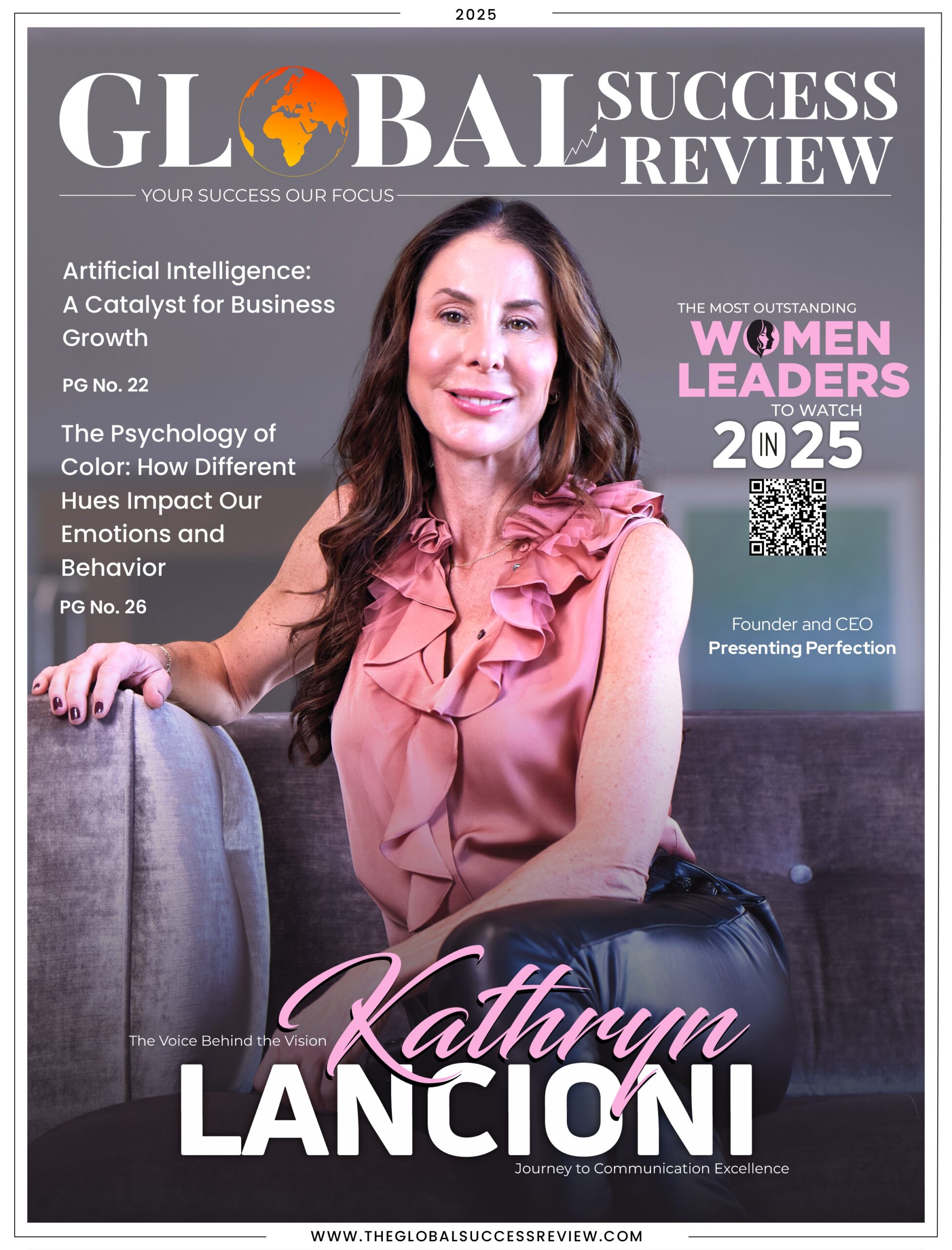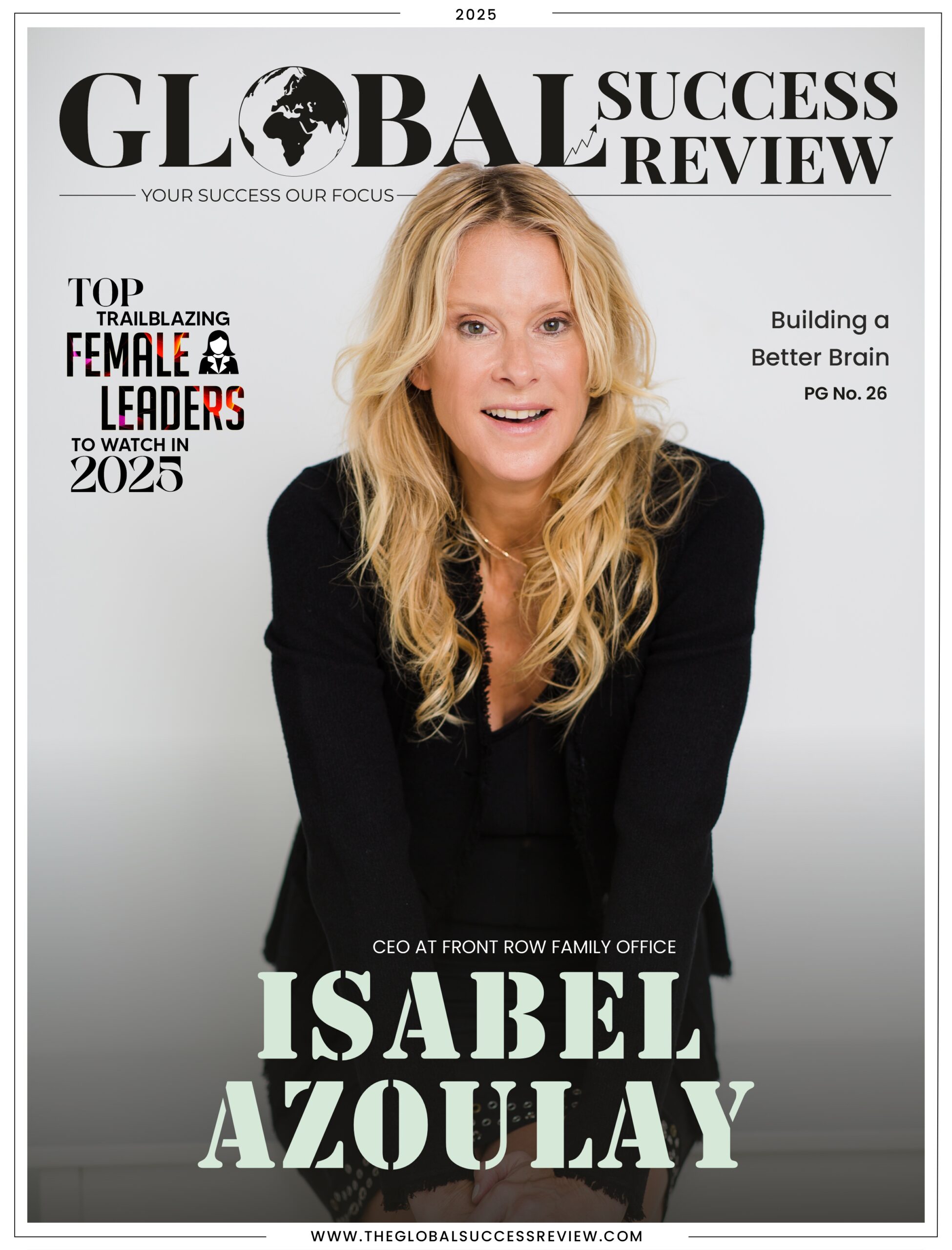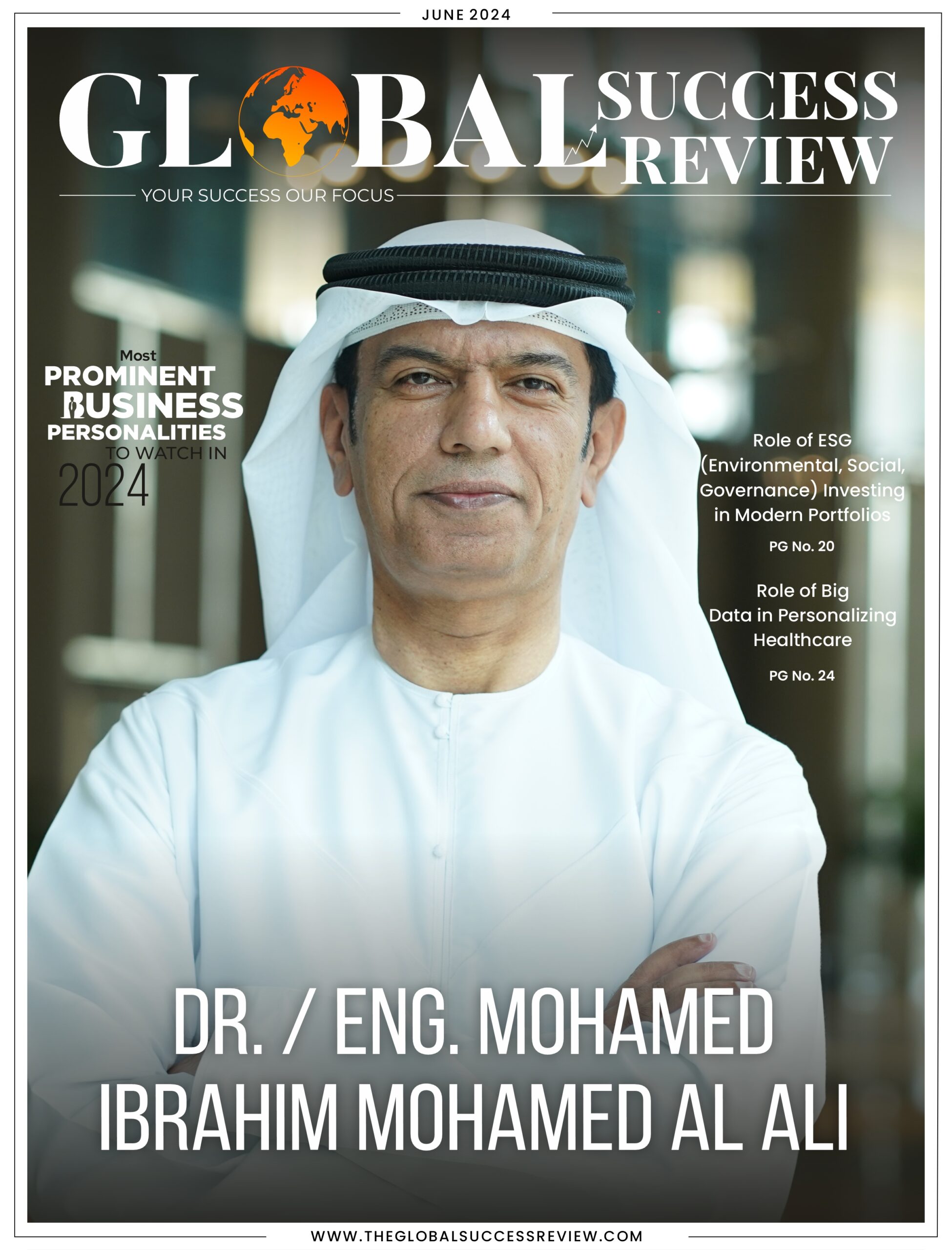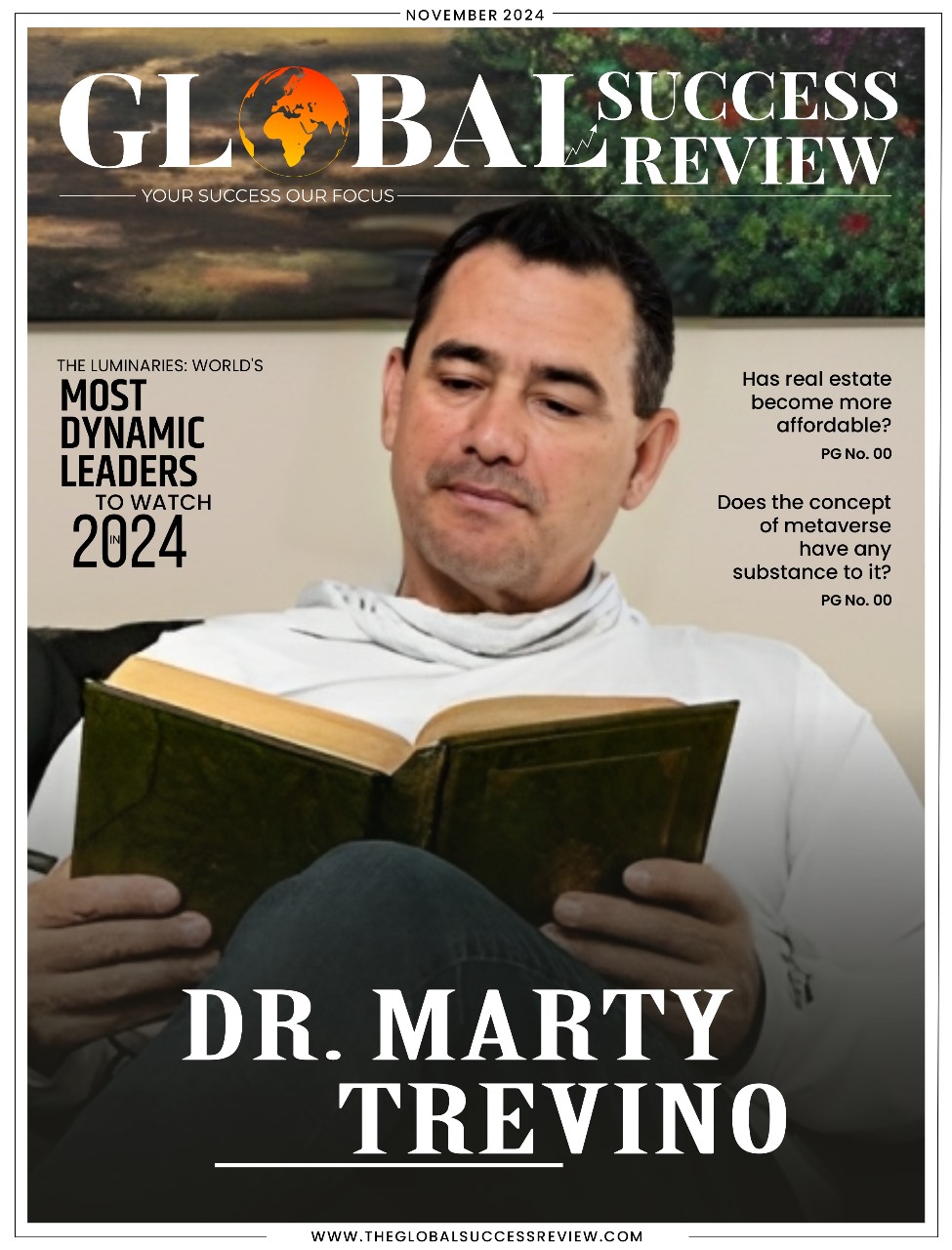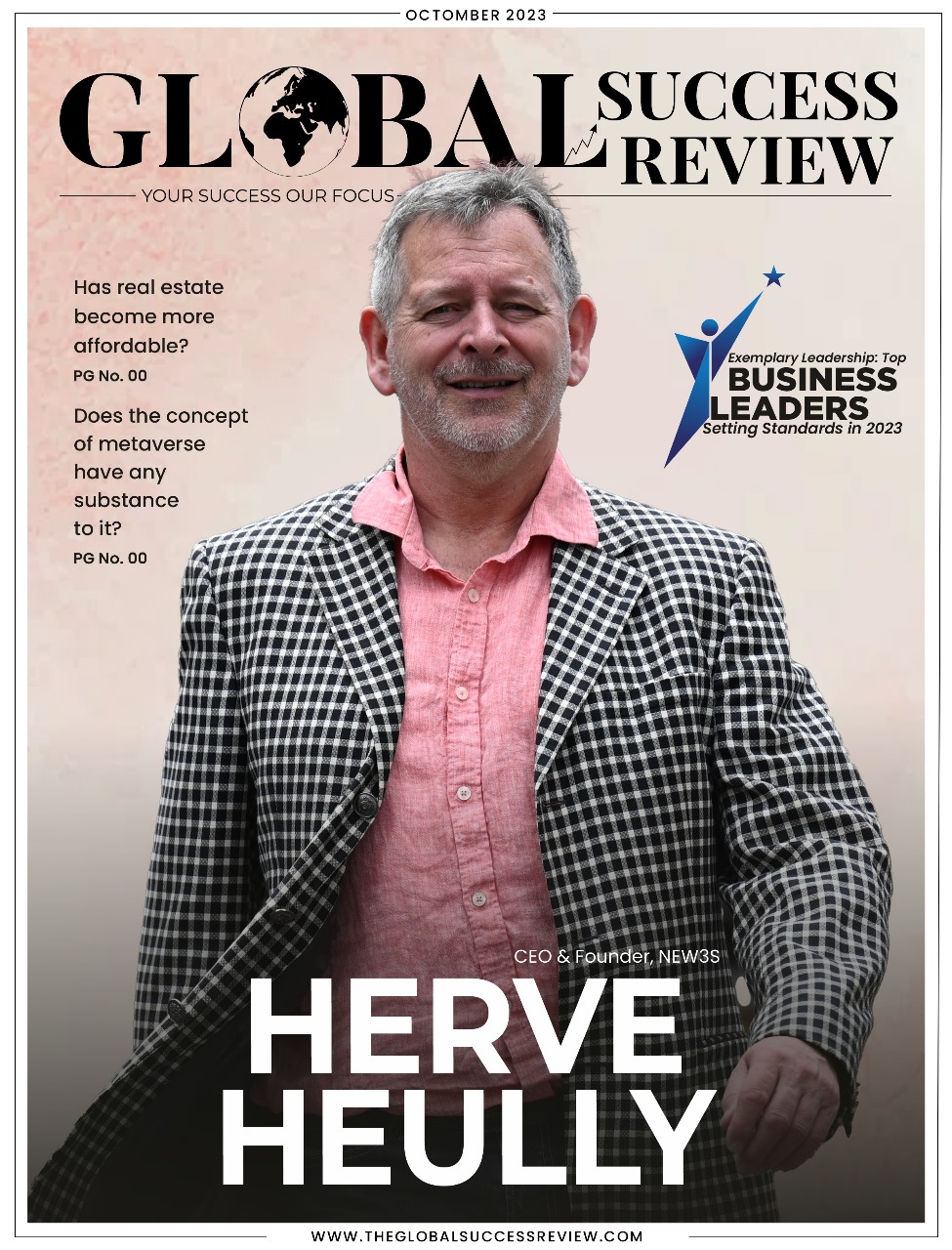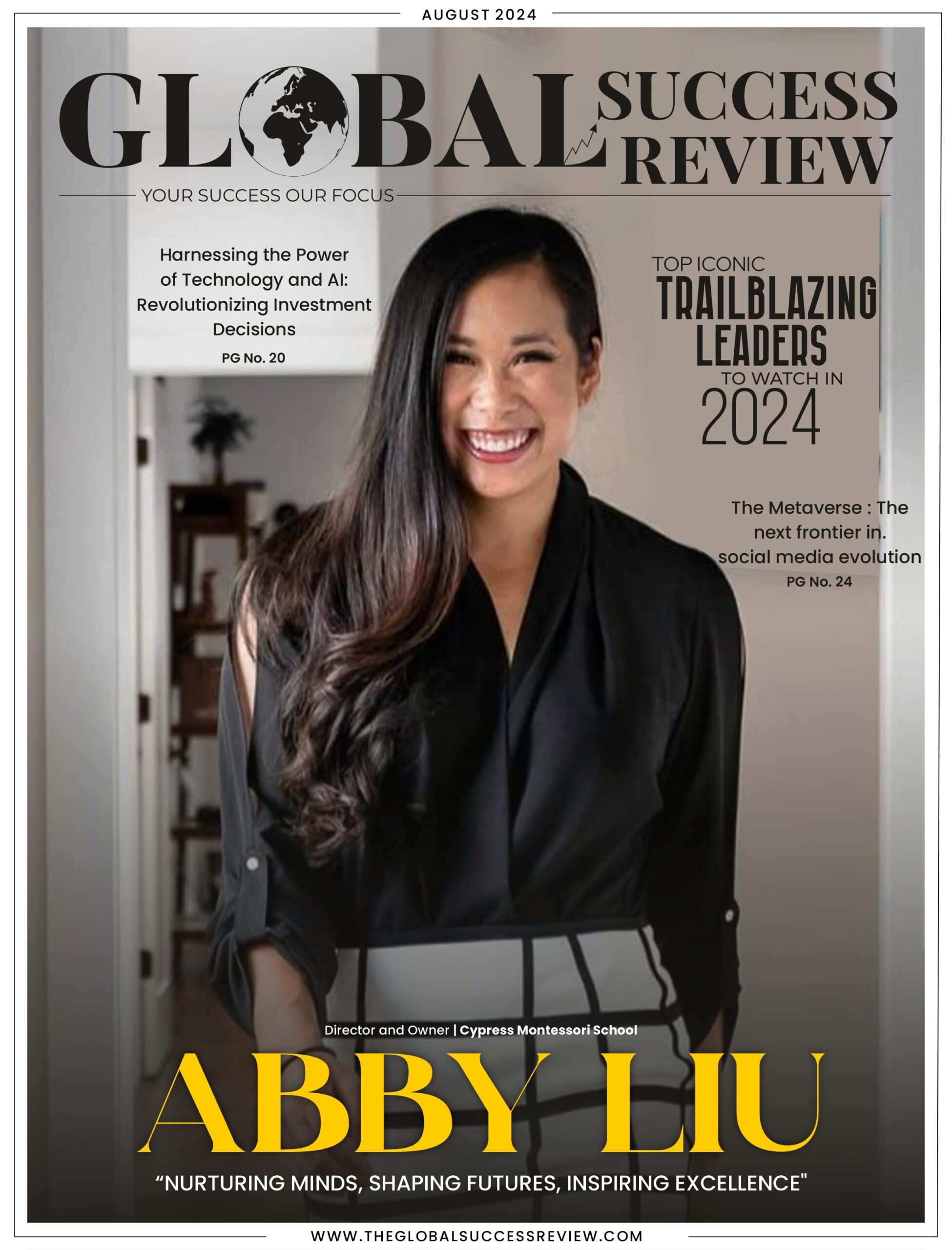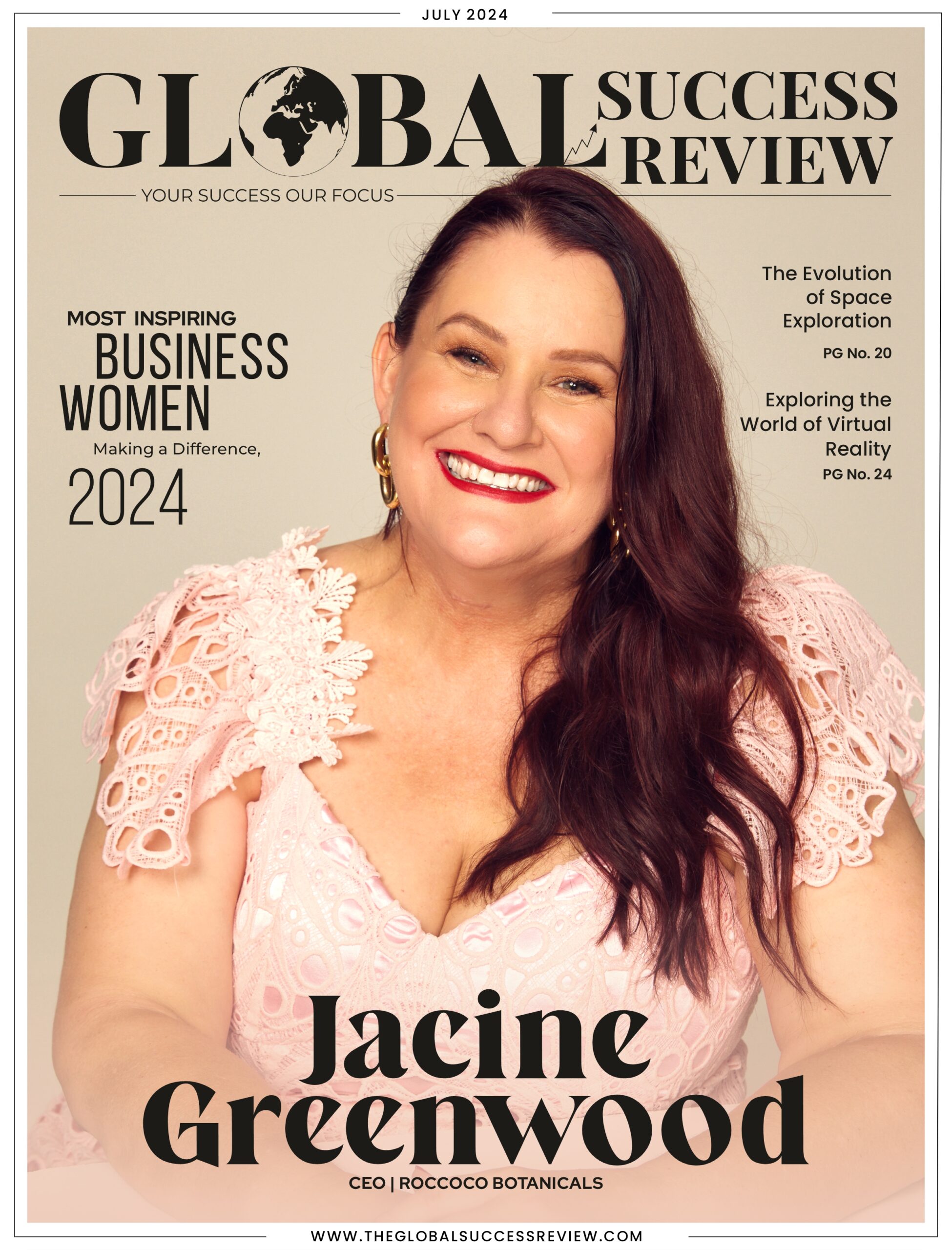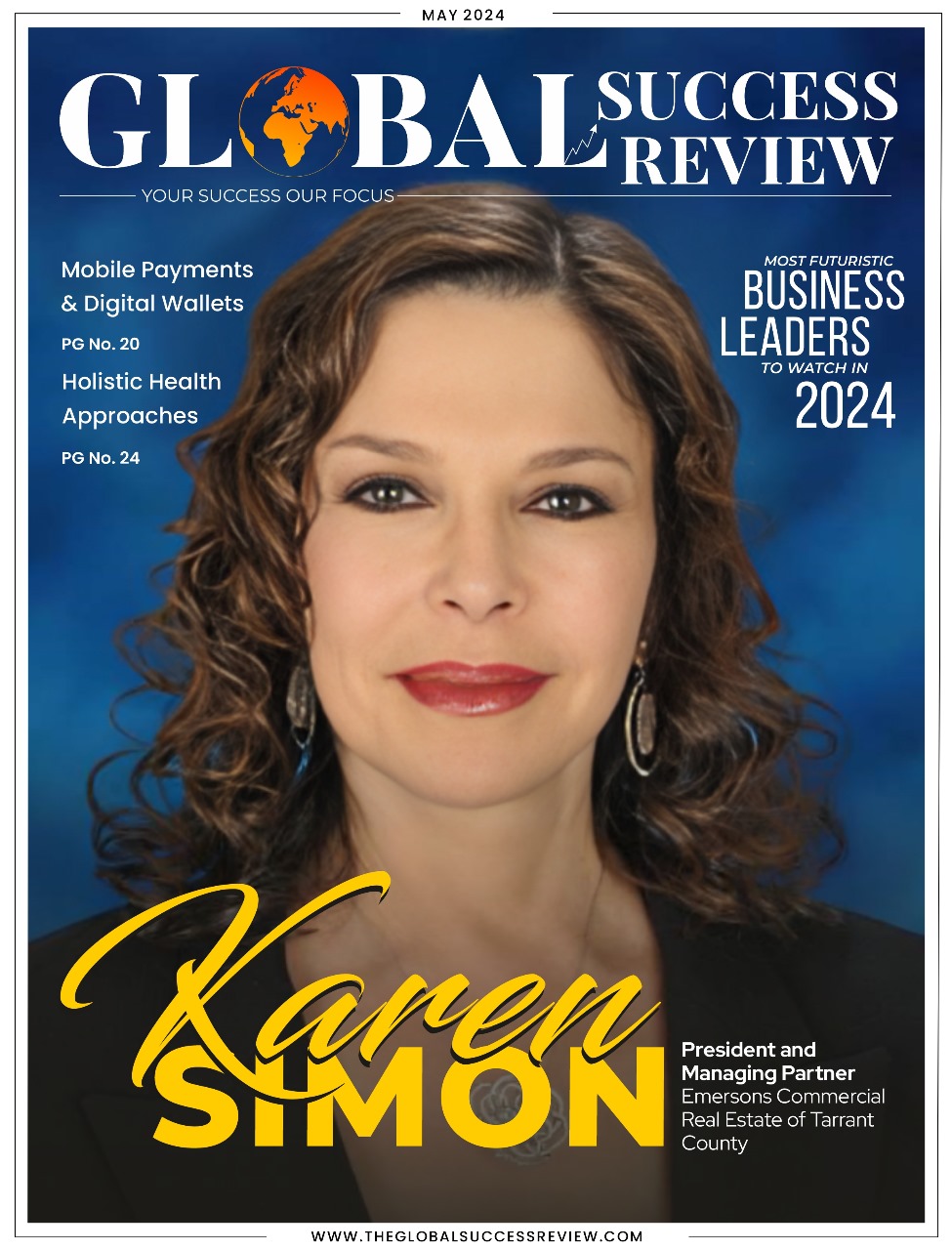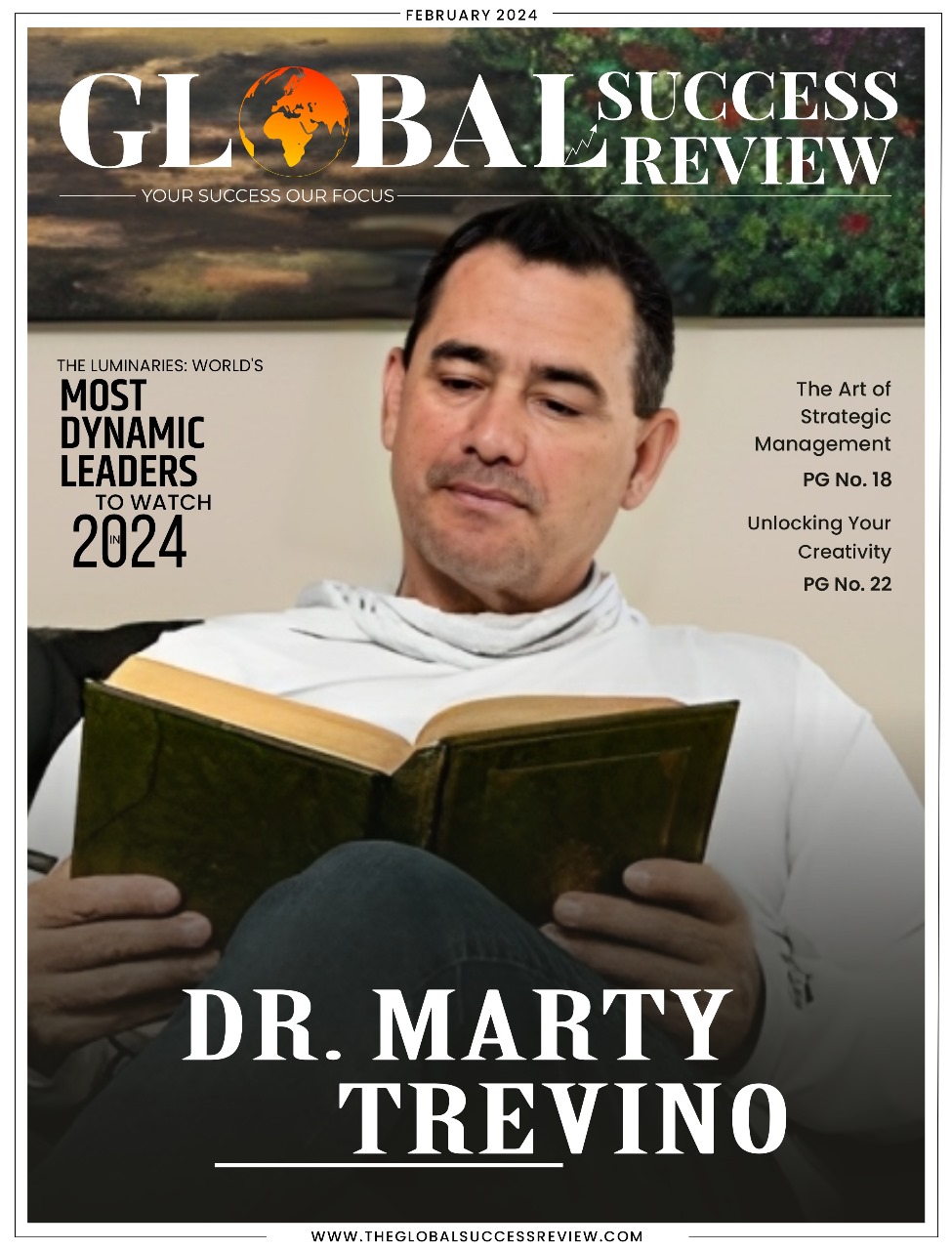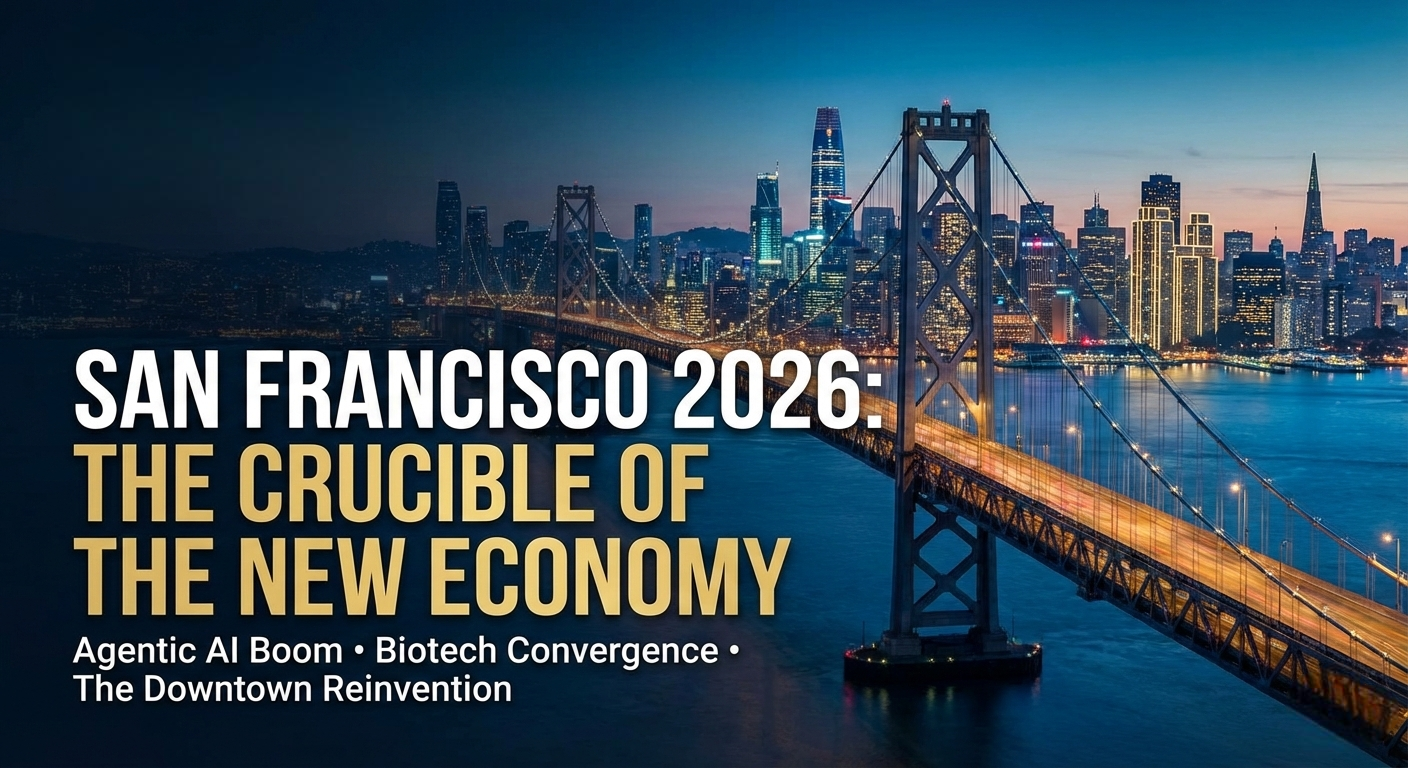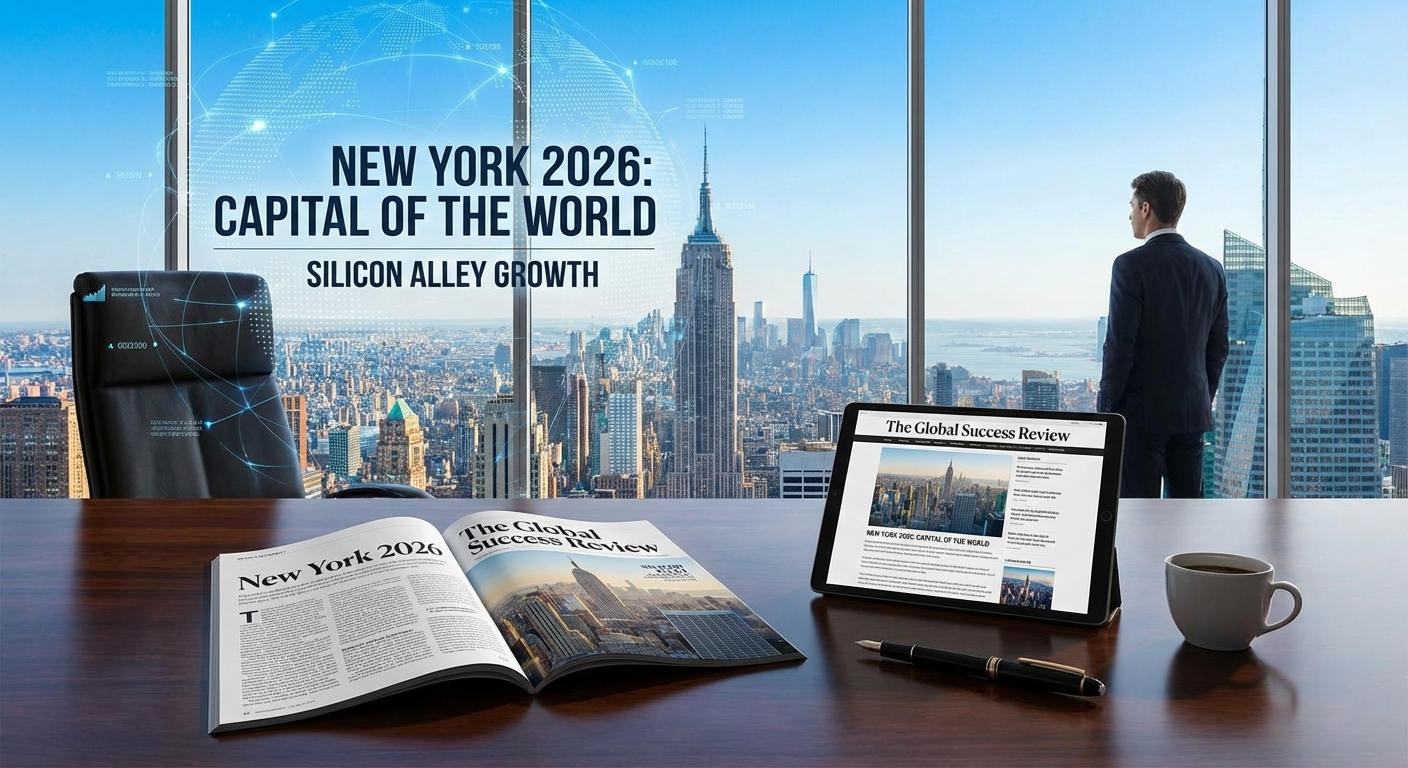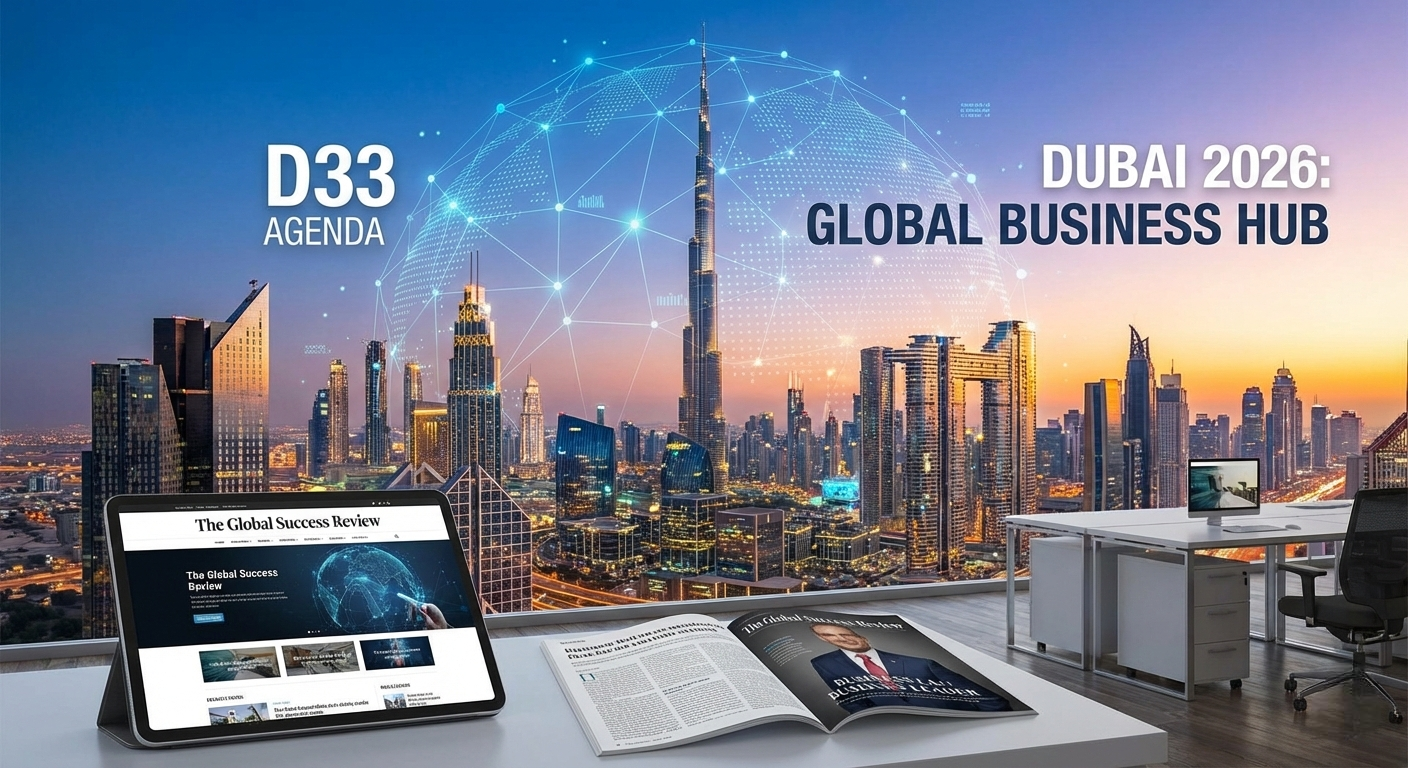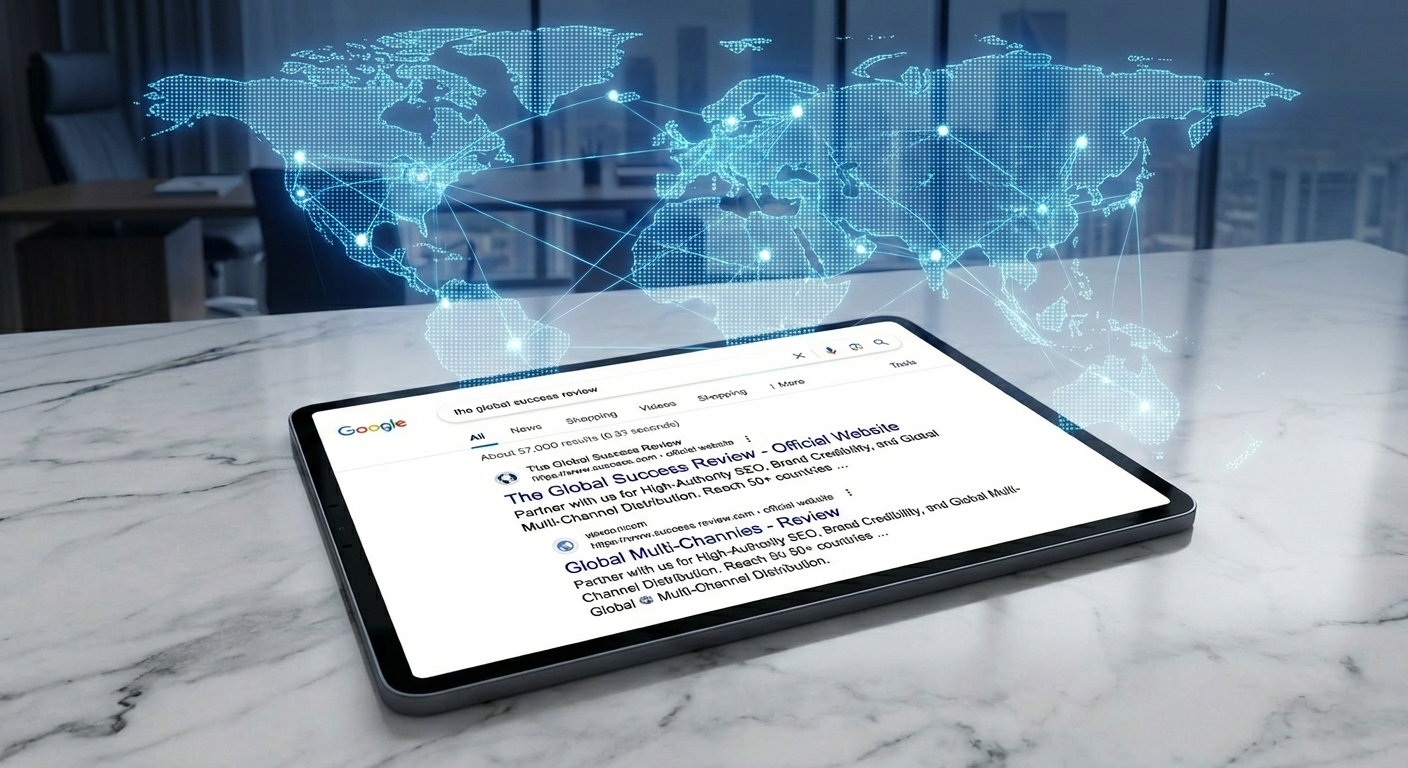
The world of business leadership is evolving at a pace never seen before. As organizations navigate a landscape shaped by rapid technological advances, shifting workforce expectations, and global challenges, leaders must adopt new approaches to remain relevant. The future belongs to leaders who can balance innovation with empathy, agility with vision, and growth with responsibility. Here are the top trends shaping business leadership in 2025 and beyond.
1. Human-Centered Leadership
In the past, leadership often focused on results and performance above all else. Today, the emphasis is shifting toward people. Employees are seeking leaders who understand their challenges, value their well-being, and create inclusive work cultures. Leaders who can balance business goals with human needs will be better positioned to inspire loyalty, engagement, and productivity.
2. Technology-Driven Decision Making
Artificial intelligence, automation, and data analytics are no longer optional; they are core to modern leadership. Leaders of the future must be comfortable leveraging data to guide decision-making, optimize operations, and personalize customer experiences. However, technology alone isn’t enough; the ability to blend data-driven insights with human intuition will set great leaders apart.
3. Agility and Adaptability
Uncertainty is now the only certainty. From global market shifts to disruptive innovations, leaders must demonstrate resilience and adaptability. Those who can pivot quickly, learn from failures, and embrace change will thrive. In 2025 and beyond, leadership will be less about rigid strategies and more about cultivating agile mindsets across entire organizations.
4. Sustainability and Purpose-Driven Leadership
Environmental and social responsibility are no longer secondary concerns. Consumers, employees, and investors expect businesses to align with sustainable practices and meaningful missions. Leaders who champion ESG (Environmental, Social, and Governance) values and embed purpose into strategy will gain long-term trust and competitive advantage.
5. Diversity, Equity, and Inclusion (DEI) as a Core Strategy
Inclusive leadership is becoming a non-negotiable pillar of success. Diverse teams bring broader perspectives, drive innovation, and reflect global customer bases. Leaders of the future will not only commit to DEI in principle but actively integrate it into hiring, leadership pipelines, and workplace culture.
6. Continuous Learning and Skill Development
The half-life of skills is shrinking rapidly. Leaders must not only encourage continuous learning within their organizations but also model it themselves. Whether through reskilling, microlearning, or executive education, the most effective leaders of 2025 will remain lifelong learners, embracing curiosity as a core leadership trait.
7. Hybrid and Flexible Work Models
The pandemic permanently reshaped the workplace, and flexibility is here to stay. Leaders must adapt to hybrid models that balance productivity with flexibility while fostering collaboration, innovation, and culture across both digital and physical spaces.
The Bottom Line
The future of business leadership is less about titles and authority, and more about adaptability, empathy, and purpose. Leaders who embrace people-centered strategies, harness technology responsibly, and champion inclusivity will not only navigate change but shape the future of business itself.
At Global Success Review Magazine, we believe the leaders who rise in this era will be those who understand that success is no longer defined only by profit, but by impact.

